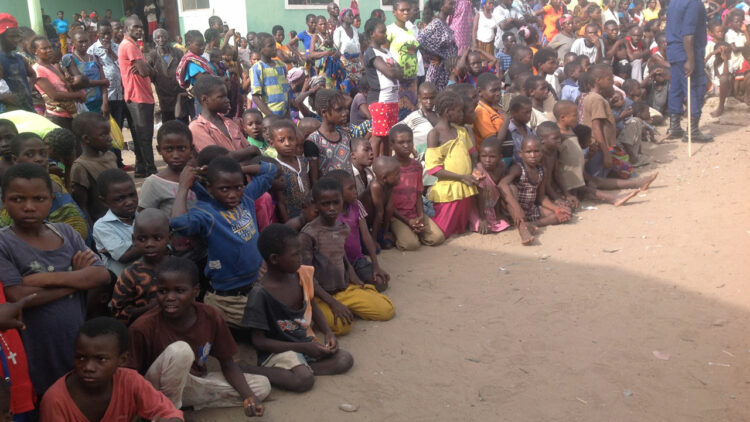Curbing Menace Of Out-of-school Children In Katsina

Thwarting out-of-school children has been the top priority of the Better Education Service Delivery for All (BESDA). GODWIN ENNA writes on the effective delivery of the programme in Katsina State from 2019 to date.
The challenge of insecurity in Katsina State has forced millions of children out of school, compelling their households to untold hardships and poverty.
This stirred the set up of Better Education Service Delivery for All (BESDA) to support parents in strengthening children’s access to school.
Already, the five-year intervention funded by the federal government and the World Bank in Katsina State has been impressive in reducing the number of out-of-school children across the 13 implementing local government areas of the state.
Report shows that over 361,525 out-of-school children have returned to different schools across the selected local governments in the state, in addition to the 255 Islamic Quranic Schools (IQS) identified and integrated into the formal education sector within the years under review
Indeed, the programme pointed to exploiting three areas of increasing equitable access to children’s education, improving literacy and system strengthening, geared towards eradicating the syndrome of out-of-school children which has become a scourge in the state.
It also aimed at enhancing enrolment and retention of learners (especially girls); support to improve literacy, strengthening schools through capacity building of education managers, monitoring technical and field officers on project management, data collection, analysis, reporting as well as annual census.
In the first phase of the implementation, stakeholders were engaged, and sensitization and awareness campaigns were carried out across towns, communities and local government areas including visits to traditional institutions to solicit their cooperation and support.
Thus, about 1,004 conventional primary schools were selected in the first phase of the programme, 224 master trainers and mentors were also identified, screened and trained on reading and numeracy activity pedagogy and on how to step down the knowledge gained to 5,161 teachers across the state.
To ensure worthwhile thrives in schools, about 1,550,616 learning materials, comprising both textbooks, teachers’ guides and writing materials, were obtained and distributed to thousands of formal and non-formal learning centres across the benefiting local governments, including 25,922 mats distributed to the non-formal centres.
This in addition to about 90,000 pairs of school uniforms, sandals and bags that were provided to the formal and non-formal centres, likewise the construction of learning shades as well as digging of boreholes across 25 learning centres.
In the area of improving e-learning and monitoring, two dynamic websites were created at the State Universal Basic Education (SUBEB) as well as the state’s ministry of education, adding to the procurement of 1,500 monitoring tabs, 40 laptop computers which were shared to the BESDA’s monitoring team. 400 copies of admission registers and 20 whiteboards were also allocated to schools.
In terms of funding, the state government through BESDA has provided grants of N362,944 to 945 schools across the state in which a block of two classrooms, with an office, store and 2,856 sets of furniture were provided to schools
Two Hilux vehicles were purchased for monitoring and 250 sets of first aid boxes were also distributed to learning centres, there was training of 100 legal, zonal coordinators and six GBV service providers on school-related gender-based violence, response mechanism, referral and pathways to channel child right and code of conduct.
Also, the production of 6,000 copies of the Code of Conduct for IQS, facilitators and proprietors were provided, and 145 Samsung (Tab A7 lite) tablets were procured and distributed to 34 LGAs
Meanwhile, putting on serious attention to education remains the cardinal path to ending the lingering threat of insecurity bedevilled the state, therefore the need to harness resources to support the continuation of the BESDA programme is imperative to the development of the state.
Culled from Leadership Newspapers

